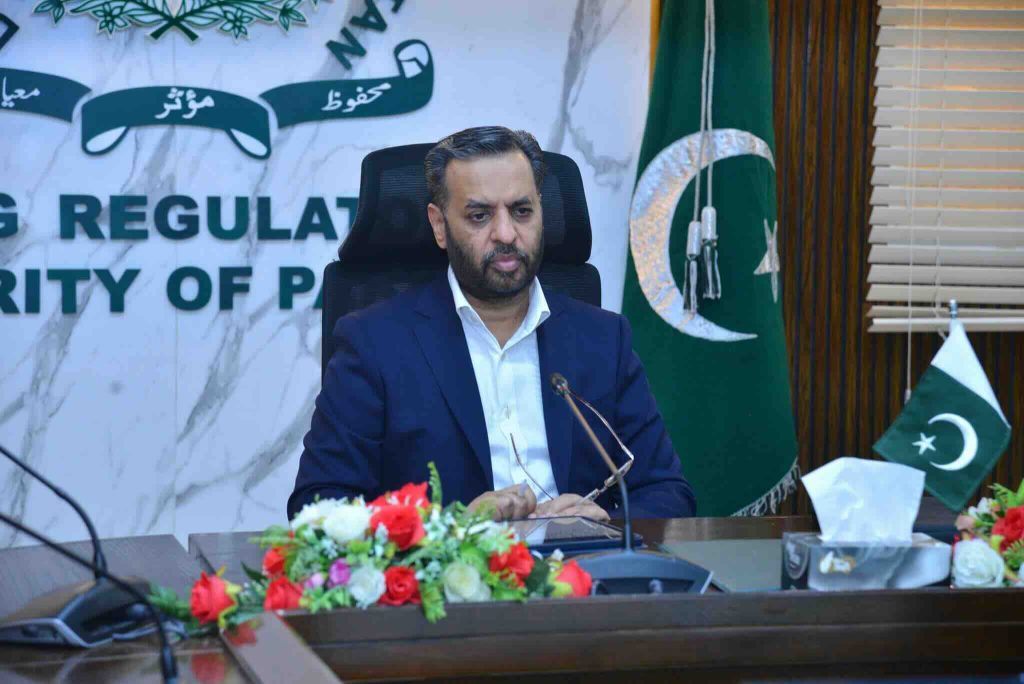Pakistan has set a bold goal: achieving USD 30 billion in pharmaceutical exports within the next five years. Announced by Health Minister Syed Mustafa Kamal at the 8th Pakistan Pharma Summit and 4th Pharma Export Summit & Awards in Islamabad, this target reflects a new era of ambition for the country’s pharma industry.
The pharmaceutical sector has already shown strong momentum. Exports grew by thirty-five percent last year to reach about USD 475 million. While this growth is impressive, leaders in the industry say it is still far below Pakistan’s potential and that much more is needed to hit the USD 30 billion benchmark.
To support this goal, the government is introducing sweeping reforms to ease bureaucratic hurdles, fast-track approvals, and embrace digitization. These changes aim to reduce delays that have long stunted export growth. Minister Kamal also emphasized the need for domestic manufacturing of vaccines, noting that currently around ninety-five percent of vaccines must be imported. Local vaccine production would not only reduce dependency but also open new export opportunities.
Industry associations agree that raw material imports remain a critical bottleneck. With ninety percent of pharmaceutical raw materials sourced from abroad, costs and supply chain vulnerabilities remain high. Addressing this requires incentives for local production of Active Pharmaceutical Ingredients APIs and support for technology transfer in manufacturing.
To capture new export markets, industry stakeholders are also looking beyond traditional trade partners. Afghanistan remains a strong export destination, but there is growing interest in expanding into Southeast Asia, Africa, and other emerging economies. Companies see potential in leveraging quality standards compliance, stronger regulatory frameworks, and enhanced export promotion mechanisms to gain access to higher value markets.
Mustafa Kamal reiterated that meeting this target will demand cooperation across government regulators, industry, and international partners. The government plans to provide support through policies, incentives, better logistics and infrastructure, and by leveraging the Special Investment Facilitation Council SIFC to streamline investment and remove barriers.
The $30 billion target is ambitious and will not be easy. But with strategic planning, regulatory reforms, local production push, and a sharp focus on export quality, many believe Pakistan’s pharmaceutical sector has the ingredients to achieve this goal and in doing so, contribute significantly to national economic strength and global health value.



Comments (0)
No comments yet. Be the first to comment!
Leave a Comment